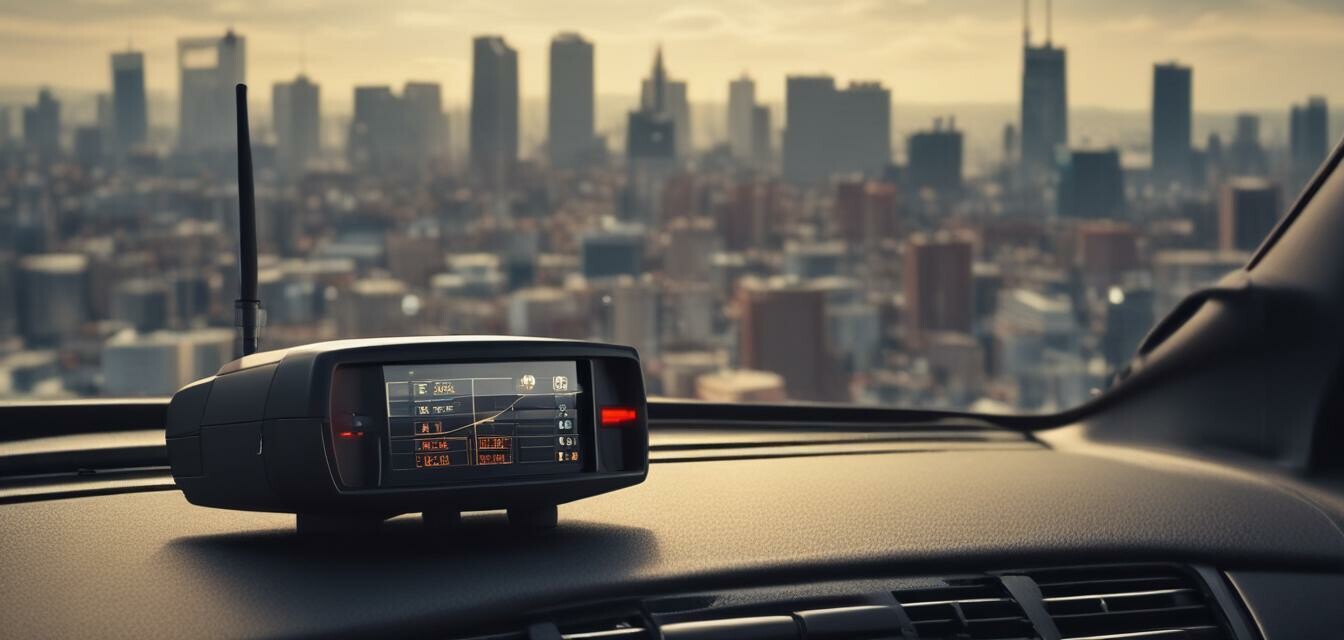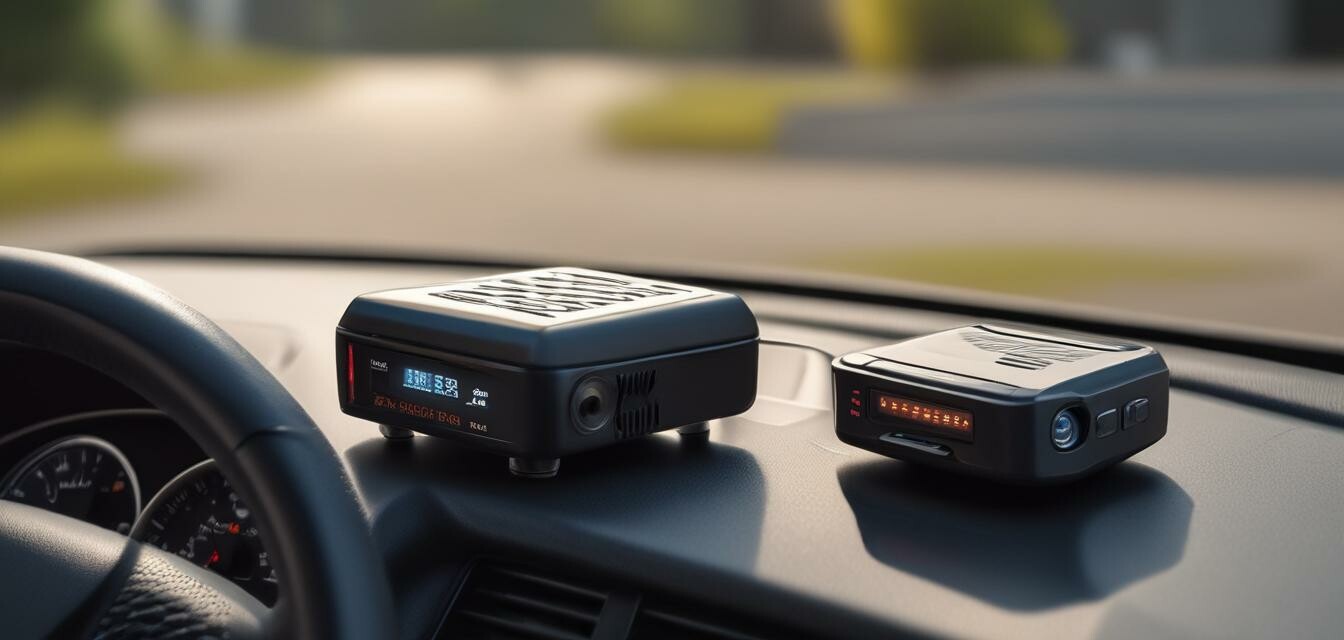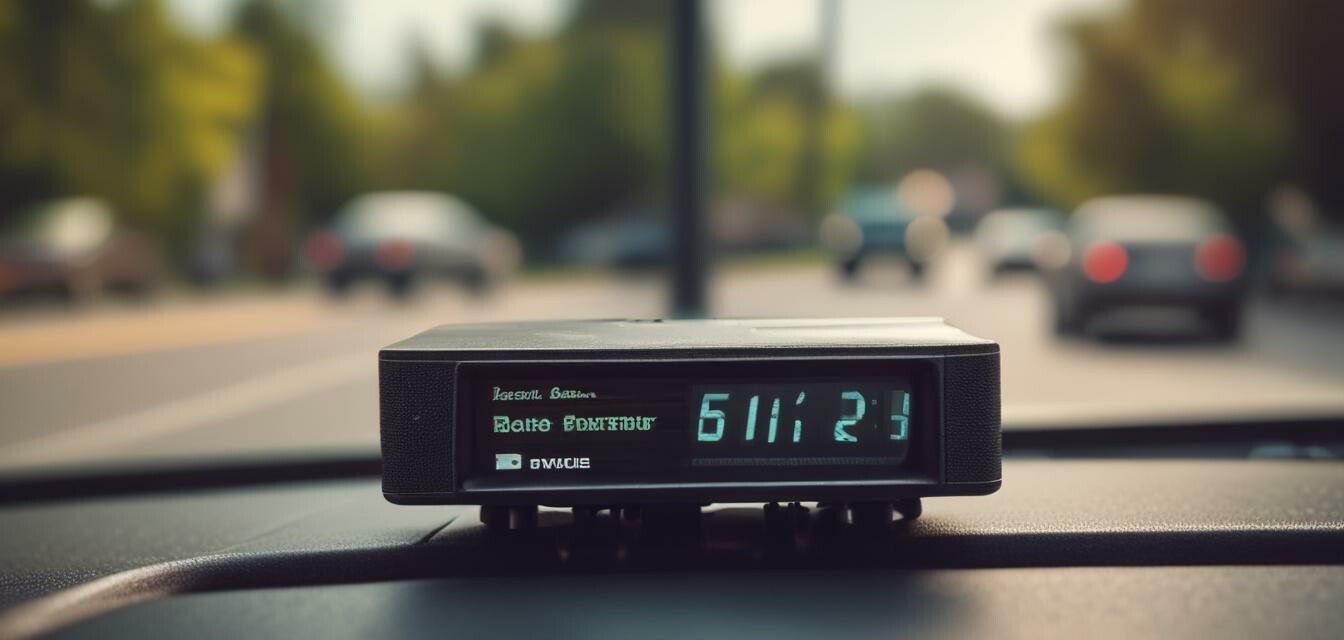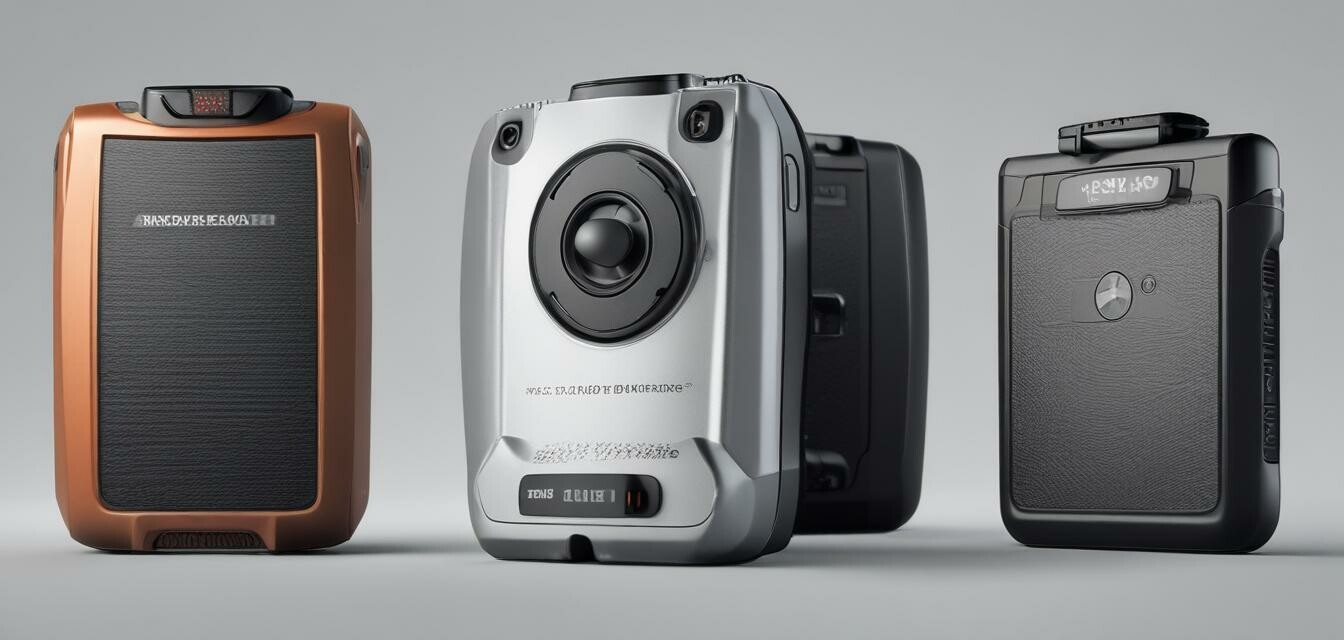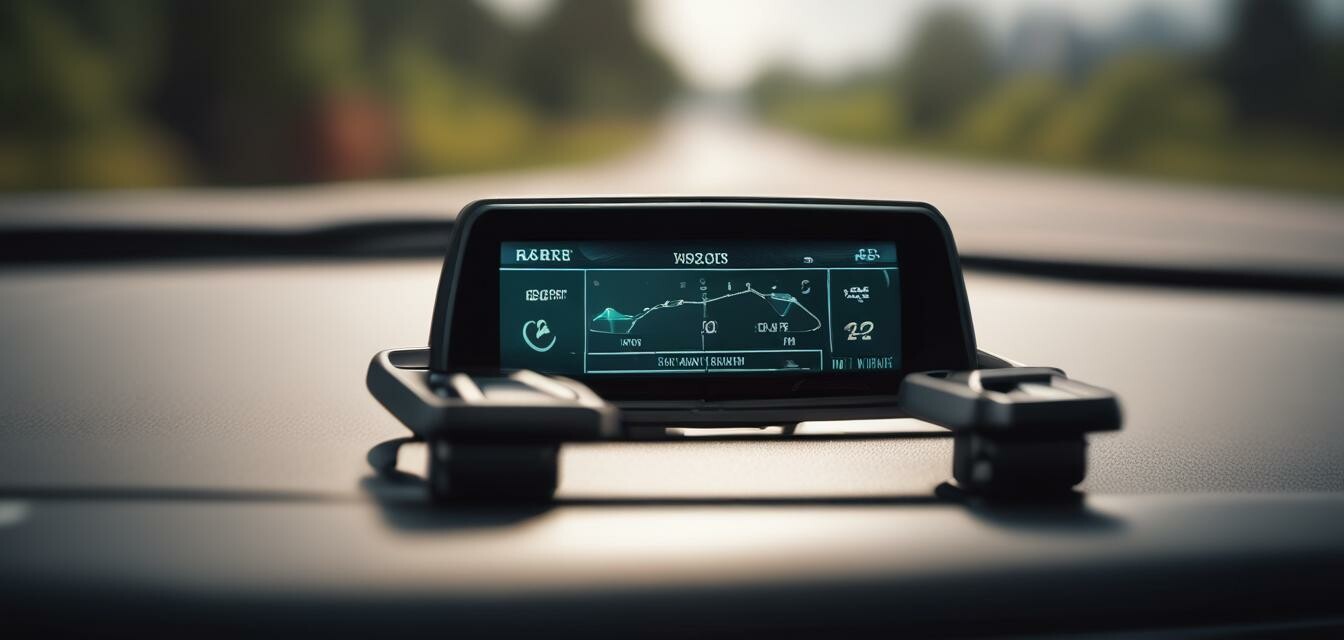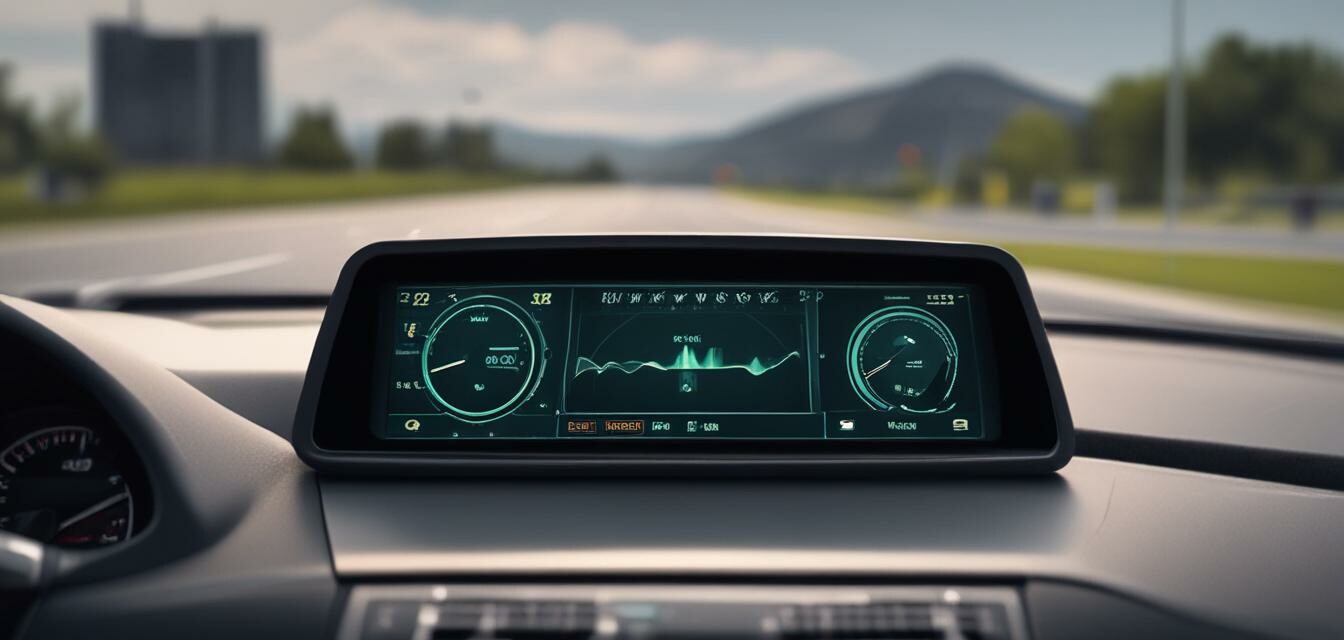
Radar Detector Maintenance
Radar detectors are essential tools for safe driving, but they require regular maintenance to function optimally. In this article, we'll explore the best practices for maintaining your radar detector in top condition.
Key Takeaways
- Regularly clean your radar detector's lens and casing
- Update your radar detector's software and firmware regularly
- Avoid exposing your radar detector to extreme temperatures
- Use a high-quality power adapter to prevent electrical surges
- Store your radar detector properly when not in use
Why Radar Detector Maintenance is Important
Radar detectors are sensitive electronic devices that can be affected by various factors, including dirt, dust, and extreme temperatures. Failure to maintain your radar detector can lead to reduced performance, inaccurate readings, and even complete device failure.
Cleaning Your Radar Detector
Cleaning your radar detector is a crucial step in maintaining its performance. Here are some tips to help you clean your radar detector effectively:
| Cleaning Method | Effectiveness | Safety |
|---|---|---|
| Soft cloth and water | Effective for gentle cleaning | Safe for most radar detectors |
| Chemical cleaners | Effective for tough stains | Risky, may damage radar detector's coating |
| Brushes and scrubbers | Ineffective, may scratch radar detector's lens | Risky, may damage radar detector's internal components |
Remember to always read your radar detector's user manual for specific cleaning instructions.
Software and Firmware Updates
Regularly updating your radar detector's software and firmware is essential to ensure you have the latest features and bug fixes. Here's how to update your radar detector's software and firmware:
- Check your radar detector's manufacturer website for updates
- Download the latest software and firmware updates
- Follow the manufacturer's instructions for updating your radar detector
Avoiding Extreme Temperatures
Extreme temperatures can affect your radar detector's performance and lifespan. Here are some tips to help you avoid exposing your radar detector to extreme temperatures:
- Avoid leaving your radar detector in a hot car for extended periods
- Avoid exposing your radar detector to freezing temperatures
- Store your radar detector in a cool, dry place when not in use
Powering Your Radar Detector Safely
Using a high-quality power adapter is essential to prevent electrical surges that can damage your radar detector. Here are some tips to help you power your radar detector safely:
- Use a power adapter specifically designed for your radar detector
- Avoid using low-quality or counterfeit power adapters
- Keep your power adapter clean and dry to prevent electrical surges
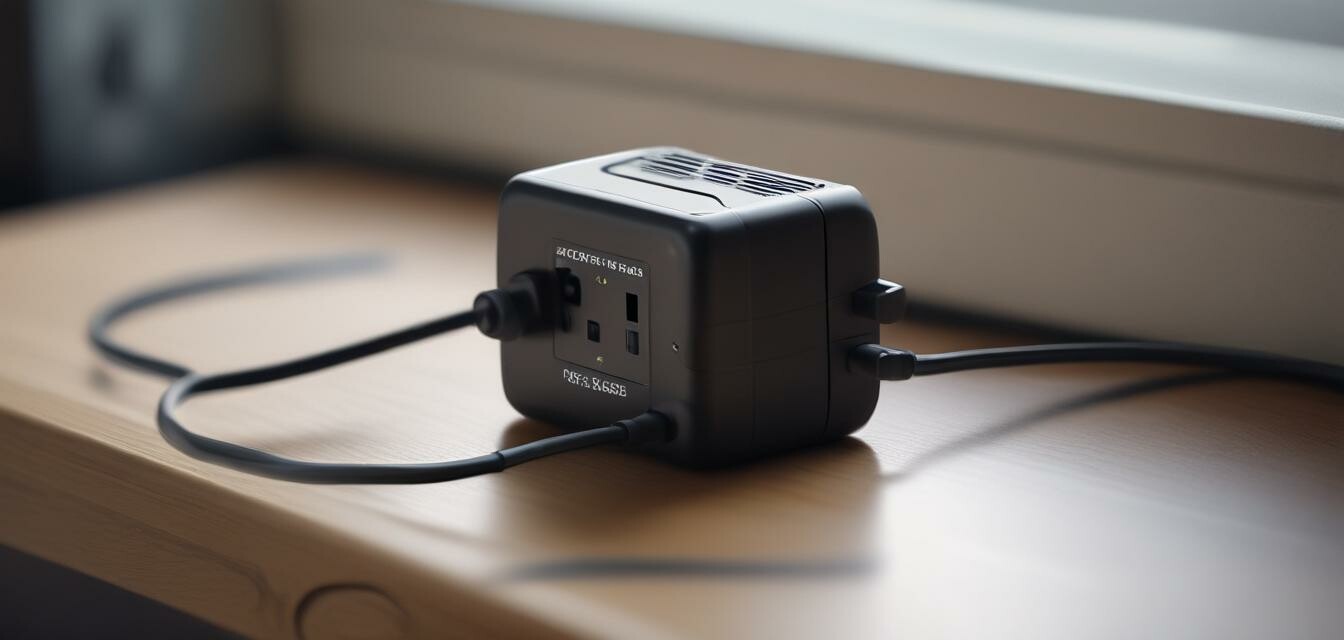
Storing Your Radar Detector
Proper storage is essential to prevent damage to your radar detector when not in use. Here are some tips to help you store your radar detector:
- Store your radar detector in a cool, dry place
- Avoid storing your radar detector in a hot car or direct sunlight
- Use a protective case or pouch to prevent scratches and damage
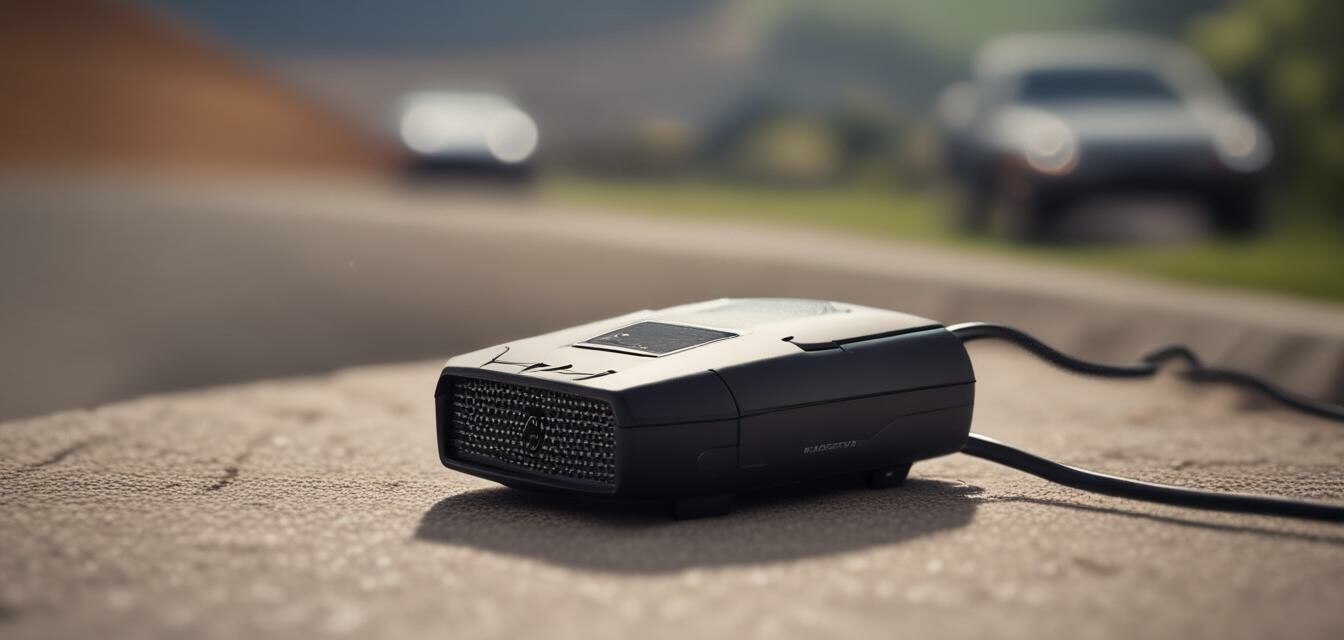
Conclusion
By following these best practices, you can maintain your radar detector in optimal condition and ensure it continues to provide accurate readings and reliable performance. Remember to clean your radar detector regularly, update its software and firmware, avoid extreme temperatures, use a high-quality power adapter, and store it properly when not in use.
Benefits of Regular Maintenance
- Improved radar detector performance
- Increased accuracy and reliability
- Extended radar detector lifespan
- Reduced risk of electrical surges and damage
Consequences of Neglecting Maintenance
- Reduced radar detector performance
- Inaccurate readings and false alarms
- Device failure and costly repairs
- Reduced lifespan of the radar detector
For more information on radar detectors and accessories, check out our Advanced Radar Detectors and Radar Detector Accessories pages.
If you're new to radar detectors, our Entry-Level Radar Detectors page is a great resource to get started.
Don't forget to explore our GPS Navigation Devices and Laser Jammers pages for more information on related products.
Stay safe on the road with Radar Catcher!

